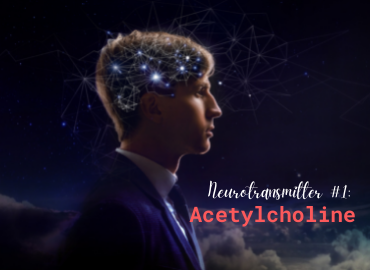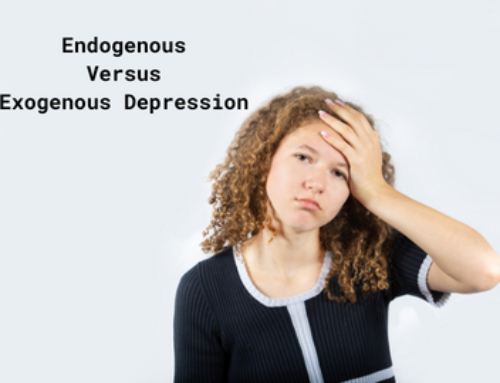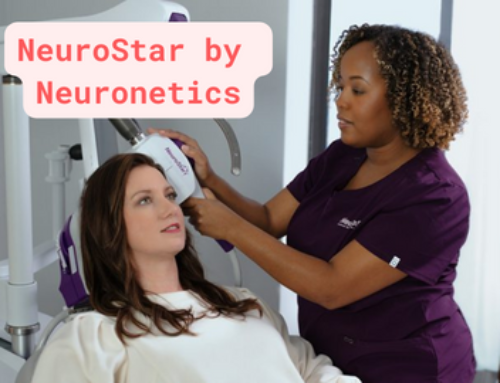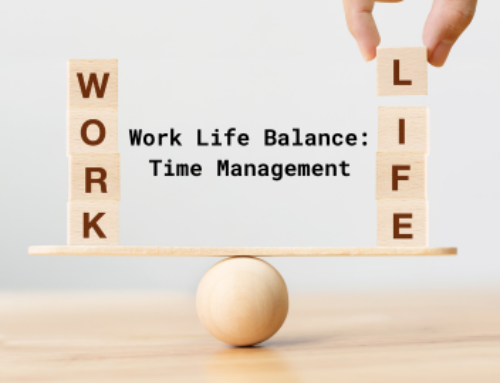Neurotransmitter #1: Acetylcholine
Introduction to Neurotransmitters
Rochester Holistic Psychiatry specializes in neuromodulation using transcranial magnetic stimulation therapy, or TMS. Today, we want to talk about neurotransmitters, which are the chemical messengers in the brain that respond to the TMS treatment to help improve brain function. One of our most important neurotransmitters is acetylcholine.
What Is Acetylcholine?
Acetylcholine (ACh) is a chemical compound built from acetic acid and choline. Acetylcholine is released by nerve cells to communicate with cells in our muscles, brains, and glands. It is produced in humans and a wide variety of creatures.
Acetylcholine is also present in the autonomic nervous system as a messenger to the sympathetic nervous system and then to the parasympathetic nervous system. It is the principal neurotransmitter used by the parasympathetic nervous system, which governs many functions in the body, like blood vessel dilation and smooth muscle contraction.
In the brain, acetylcholine has influence in attention span, memory formation, and response instigation.
Problems With Acetylcholine
Sometimes drugs called anticholinergics are used to block acetylcholine. These drugs are given to help with conditions like chronic obstructive pulmonary disease, or COPD. Acetylcholine is also given as a treatment for eye surgeries as a muscle relaxant to help the eye heal. Some medications that interfere with the release and use of acetylcholine can cause adverse side effects, like difficulty with memory, confusion, and sedation. These medications include scopolamine, belladonna alkaloids, and atropine.
Always keep physicians and specialists informed of any medications you are taking before beginning any new regimen.
Influence of Neuromodulation
Acetylcholine as a neurotransmitter is an important neuromodulator. It has such wide-reaching influence that an imbalance can have effects all over body and mind, including a role in major depressive disorder (MDD). TMS is a treatment that applies electromagnetic pulses to the brain to stimulate activity centers governing mood and responses to stimuli.
If you have been diagnosed with MDD and past or present treatments are not producing the desired effects, ask your general physician and psychiatrist, if you are seeing one, about trying TMS. Most major medical health insurance providers cover TMS treatments for MDD. Ask your provider about coverage. If you have questions, please contact us at any time. We also offer in-person and remote psychiatry services for accessibility.





